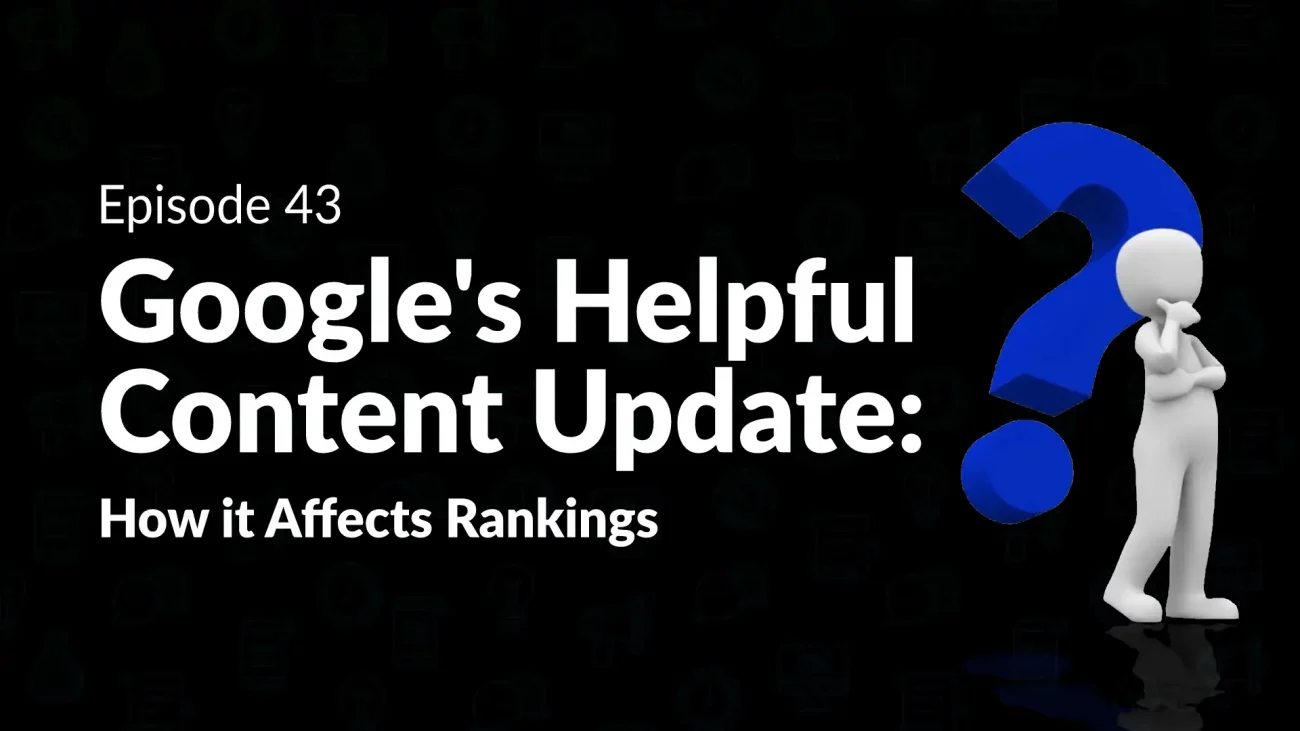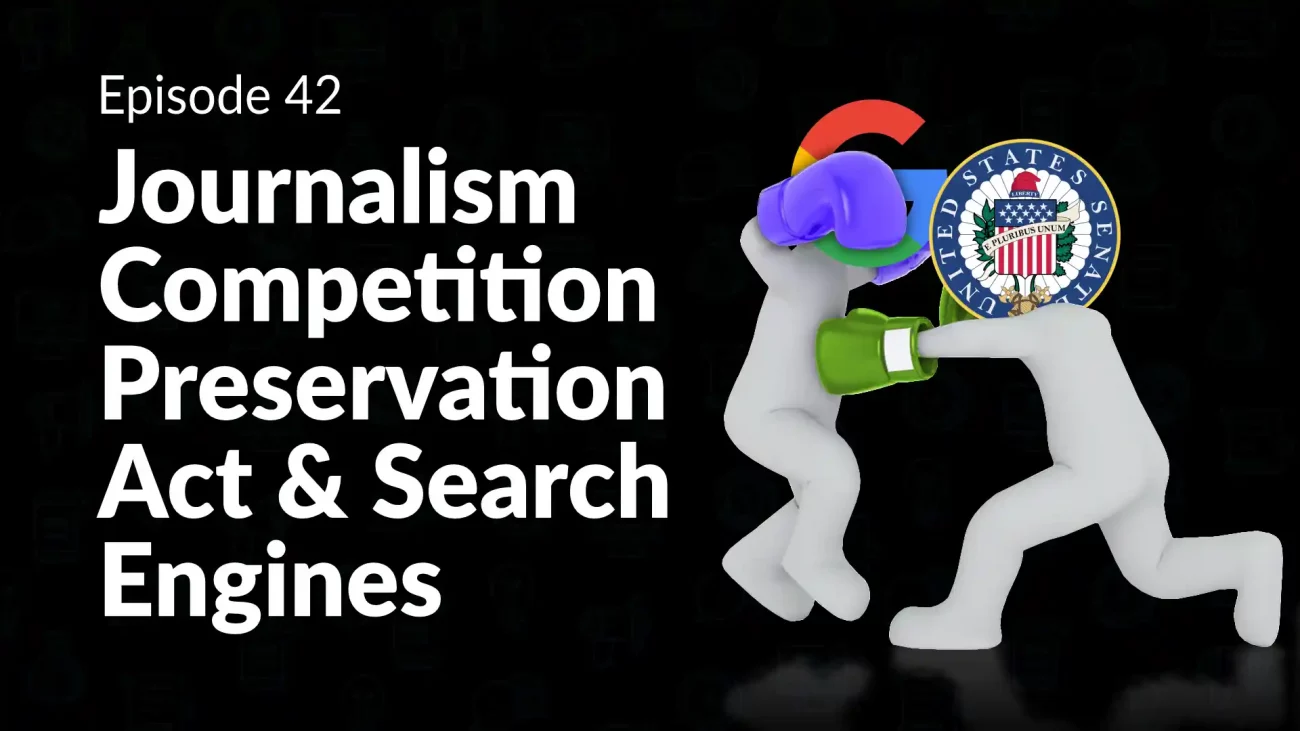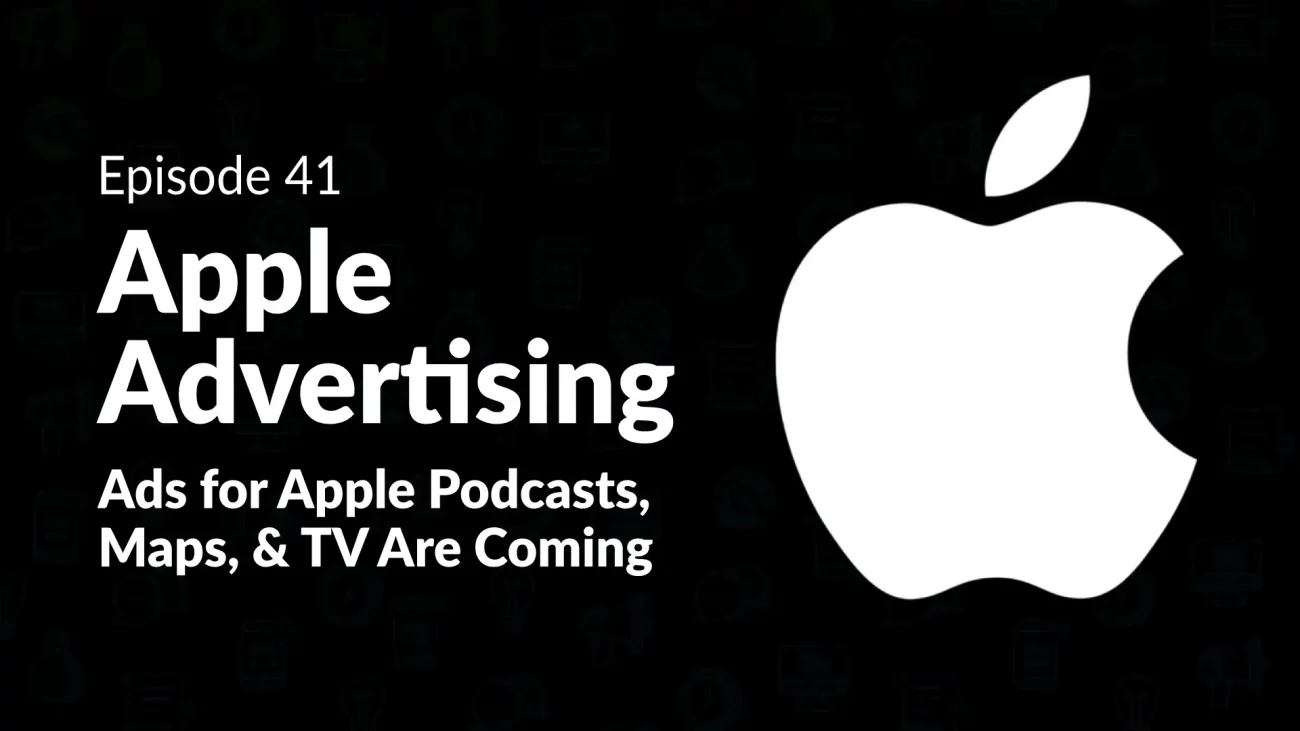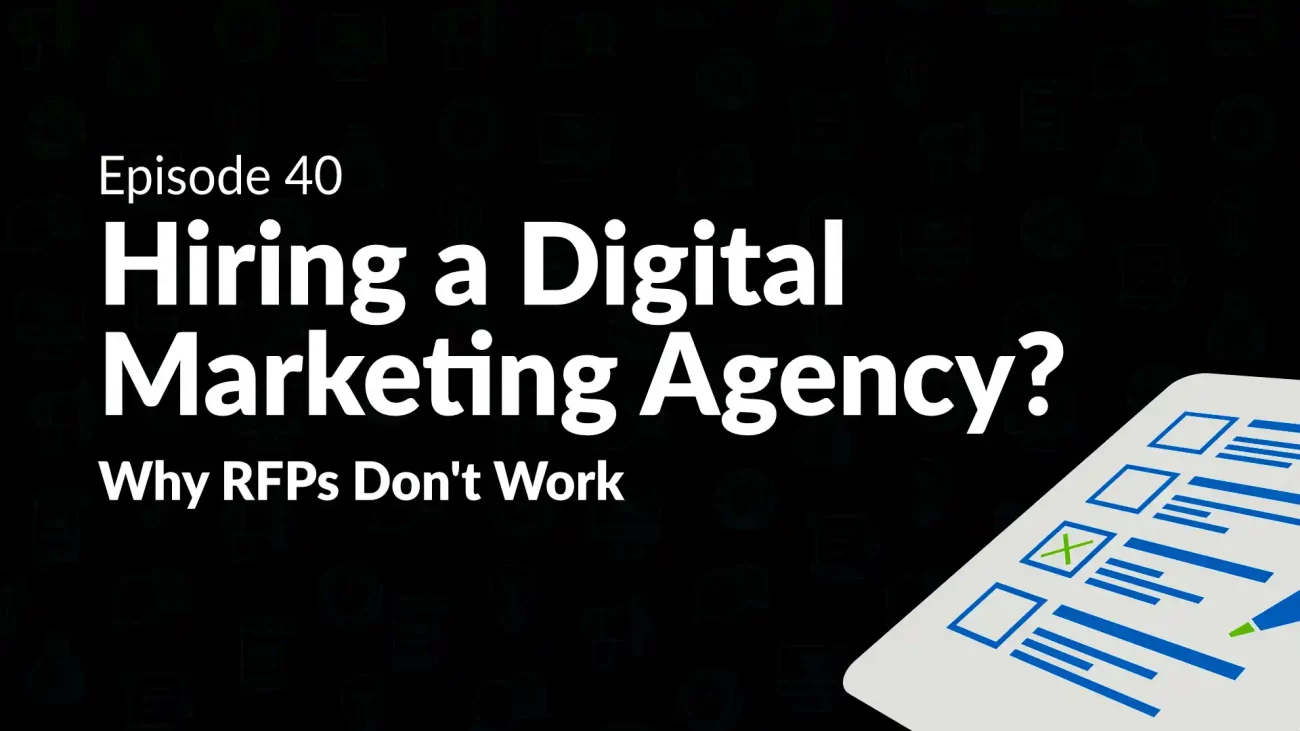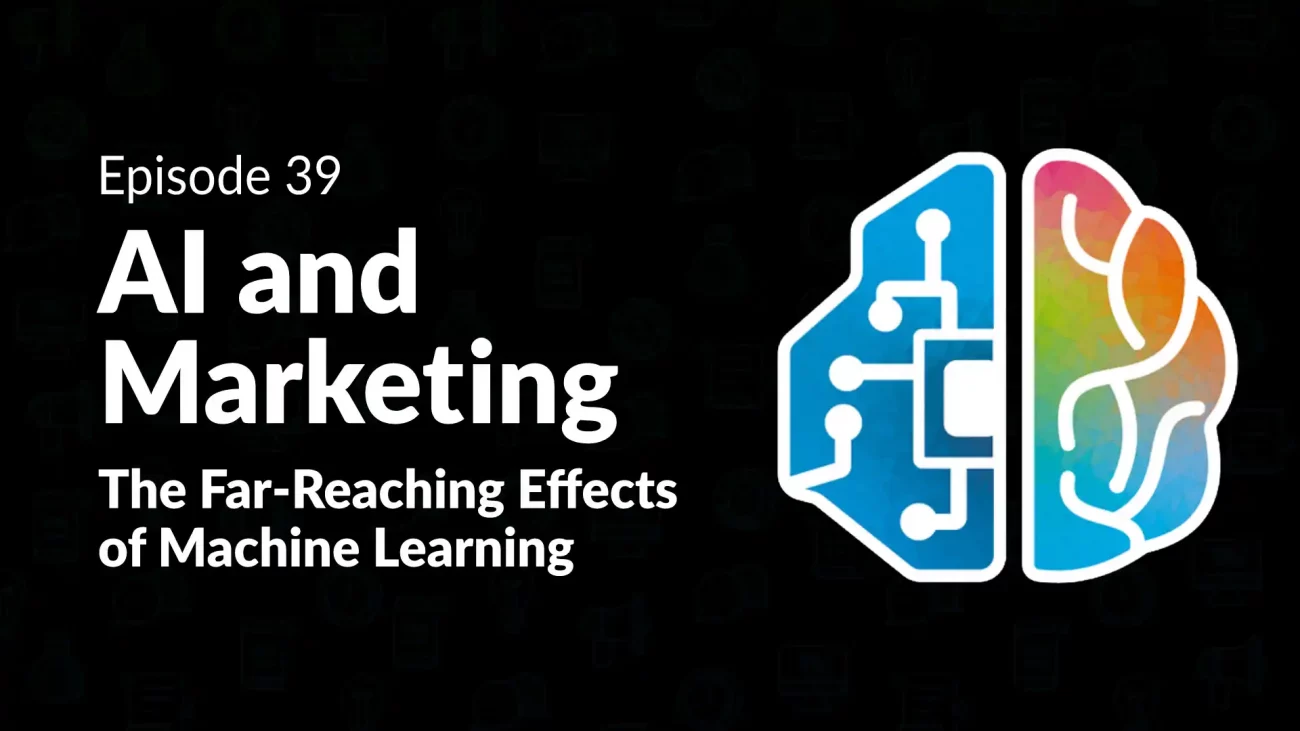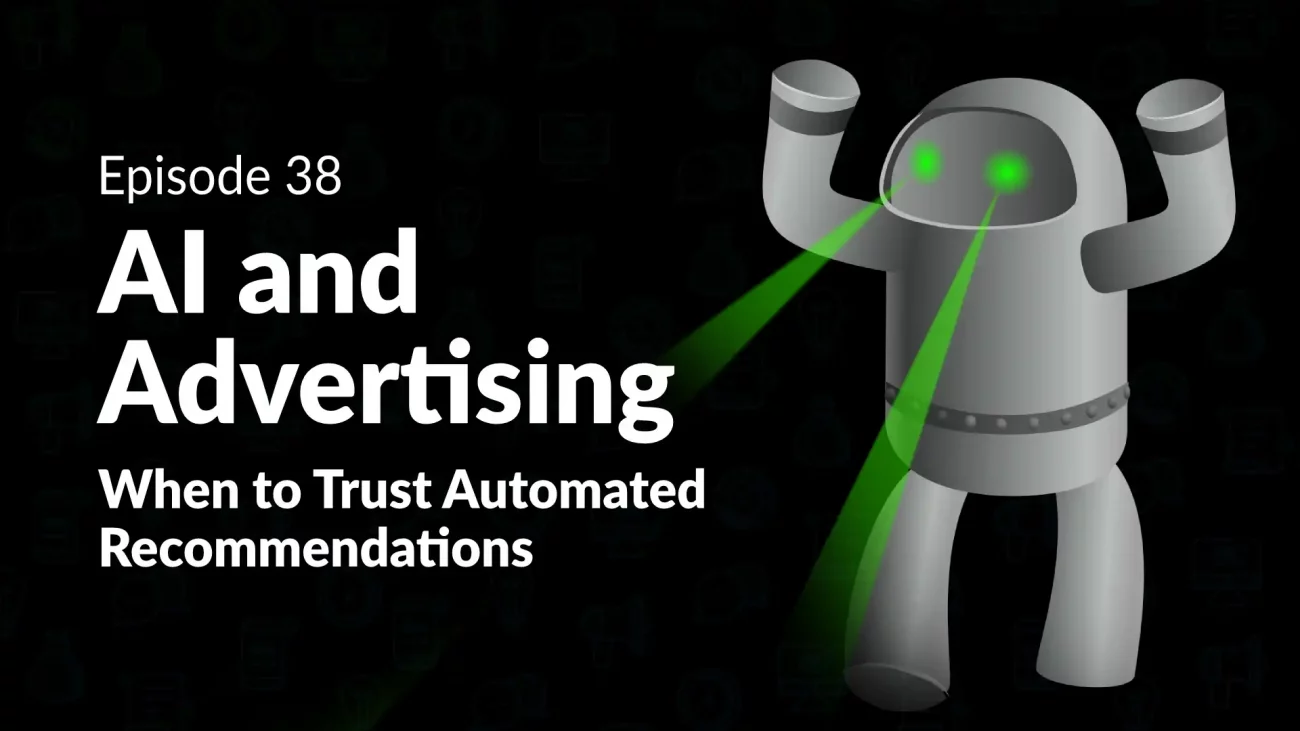Episode 16: Marketing Attribution: The Halo Effect and Tracking Indirect Sales
Attribution in marketing is key to quantifying success and driving effective decision-making. Finance departments, CEOs, and others within companies are asking marketers to better justify marketing costs leading to increased importance in analyzing what leads to each sale. Tracking the click before a conversion can be misleading and leave marketing efforts without credit. We see this often with organic lift. Paid ads and other traffic sources such as an effective PR campaign help improve organic rankings and lead to sales, but their indirect effects can often be overlooked. Learn more about attribution in this week’s Digital Marketing Mondays as Devin and Hans dive into an overview on attribution and the halo effect that other marketing efforts will have on organic rankings.
Transcription:
Devin:
You’re listening to Digital Marketing Mondays. Each week, we bring you new and exciting content from around the marketing industry and help give you, the marketer, insights into what’s happening. We’ll offer our advice and share some takeaways to help you develop better strategies for your marketing. Ideally, this will also help you improve your ROI as well. So with that, let’s tune into this week’s episode.
Hans:
Hey, good morning.
Devin:
Good morning. All right. What do we got on the docket today?
Hans:
Well, I wanted to talk a little bit about the topic of attribution.
Devin:
Okay. Yeah. I guess you have definitely been talking about it a lot recently on some of our different calls. Tell me a little bit about it.
Hans:
Okay.
Devin:
What are you thinking with it?
Hans:
Well, so I think it was a guy named John Wanamaker who famously said, “Half of my advertising is working. I just don’t know which half it is.”
Devin:
Sure.
Hans:
Which is really a great quote. And this is many, many years ago. And it’s as true today as it was then. Although, what I think is happening in industry, right, we work with a lot of clients that deal with what we call a highly considered purchase. So it’s not an impulse buy, right? Most of our clients are selling something that might be multiple people involved in the buying process. And it’s not going to happen instantly on the first click.
Hans:
So attribution’s really a tricky topic there because attribution is all about, “How did we get this sale? What did we do that generated this sale?” Right? That’s kind of what you’re doing in attribution. And in an ideal world, you would look at your Google ads, for example. And you’d say, “Oh, this person clicked on our ad. This is the ad they clicked on. This is how much it cost. They then purchased this much from us, which has a margin of that. Therefore, this is how much money we made off of that click.” Would that it was just that simple, right? But it turns out that it’s not.
Hans:
So if you haven’t heard the term organic lift, I’d like to introduce that term today. And I think this is a topic that’s pretty broad. We can’t cover this in five or 10 minutes, Devin. But I think it’s a topic that needs some discussion because I think a lot of marketers are really struggling with this right now because they’re being pushed into this by the finance people or by the CEO who says, “Hey we’re spending all this money on this, this and that. Tell me which of these things is producing the sales and so forth.” And the answer is, it’s not that simple. And we want to explain why and give our fellow marketers kind of a defensive position to work from, right?
Devin:
Okay.
Hans:
So organic lift is a phenomenon that we’ve noticed for years with our clients where we get engaged, let’s say to just run Google ads for them. And when we run those Google ads, what we see is that, lo and behold, they get more sales that can be attributed to organic traffic. Now, organic traffic is when somebody types something into a search engine and it’s not a paid click. And they come to your website and they complete a sale, right? Why is it? So why is it that 20%, 30%, 40% of your business suddenly comes from that organic lift? So you’re paying a certain amount of money per month for the paid clicks that you’re paying. And it’s enhancing your organic search traffic, right? And that’s just a fact.
Devin:
Yep.
Hans:
We see it all the time. It varies. The amount by which you get that lift varies from client to client, but it’s a fact, right? And there are other things-
Devin:
And I assume other sources too, right?
Hans:
Right.
Devin:
As in, it wouldn’t just be advertising. But if you have some hot PR pieces that hit some big publications, I imagine those have halo effects associated as well.
Hans:
Exactly. Yeah, exactly. I was going to get into that. So let’s say you spend money building your brand, right? You’re putting stuff out there on social media, let’s say. And you’re not really trying to drive traffic that’s going to convert into a sale with it, but you find that it drives traffic that converts with a sale, right. It’s not necessarily coming directly from that.
Hans:
So here’s the first fallacy. If you look just directly at, “When we make the sale, what was the click that drove the sale?” You’re going to miss the fact that it wouldn’t have happened, had it not been for your social media engagement or your paid clicks, which might have been on the display network, or might have been on social media, or might have been search related. Those things do result in sales, but they have a halo, like you said, a halo effect. That’s a great way to describe it. And so, if you look at this stuff strictly from the standpoint of, “This click resulted in that sale”, you’re going to miss a lot of the benefit of the work that you’re doing. And it starts to get really tricky to do the attribution when this happens.
Hans:
The other issue that we have is that particularly in a highly considered purchase, but also in a lot of other situations, we live in a multi-touch environment, right? People don’t just hear about you, click the ad, buy the product. That’s not often how it works. They look around. They look at what people say about you, what reviews they have made. And then they might type your company name or your product name into the search engine because they’ve heard good things about you and they want to buy your product. So they type your name into the search engine and click on it and come to your site and make the purchase.
Hans:
Well now, you go, “Well.” If you look at the direct attribution, you’d say, “Well, it was that search that the search engine produced, that organic click. That’s what produced the sale.” Well, technically that was sort of the last mile in the long journey of the buyer, right?
Hans:
So I just wanted to sort of bring this up as a topic and kind of caution our friends out there, not to just rely on the last click that happened and say, “That’s what determined the sale.” Right? Just make sure that you’re looking at a bigger picture than that. And I think it’ll take other sessions that we should go into to kind of broaden that scope, but it’s a topic that seems to be growing in sort of those in the know, in the digital marketing community. And it’s not just true to digital marketing. It applies to all of your marketing, brand building.
Devin:
Sure.
Hans:
And trust building and awareness building and engagement are as important as they’ve always been. And we should not forget that. So that’s really all I wanted to do to kind of set the stage today. And we can come back to this topic in more detail later.
Devin:
Awesome. Well, I’m excited to dive in. And thanks for the knowledge, definitely helpful. And yeah, for all of you marketers that are doing some year-end reviews of your marketing, don’t be disparaged by the CEO saying, “What’s our cost per lead? What is marketing doing?” But yeah, I like that. Just look at the halo effect and try to understand holistically what your marketing is producing.
Hans:
Cool. All right.
Devin:
So, super helpful. Thank you.
Hans:
Thank you. All right. We’ll see you.
Devin:
See you.
Devin:
Thank you so much for tuning in. We really appreciate you taking the time out of your busy day to engage with our content. Whether you’re watching on YouTube or subscribed on our podcast apps, we appreciate you taking the time. Make sure to leave a comment down below and let us know any feedback that you have for us. We’re always watching the comments and engaging in any way that we can. So if you find this content useful, also make sure to subscribe or give it a big thumbs up. We appreciate it. Thanks so much.




